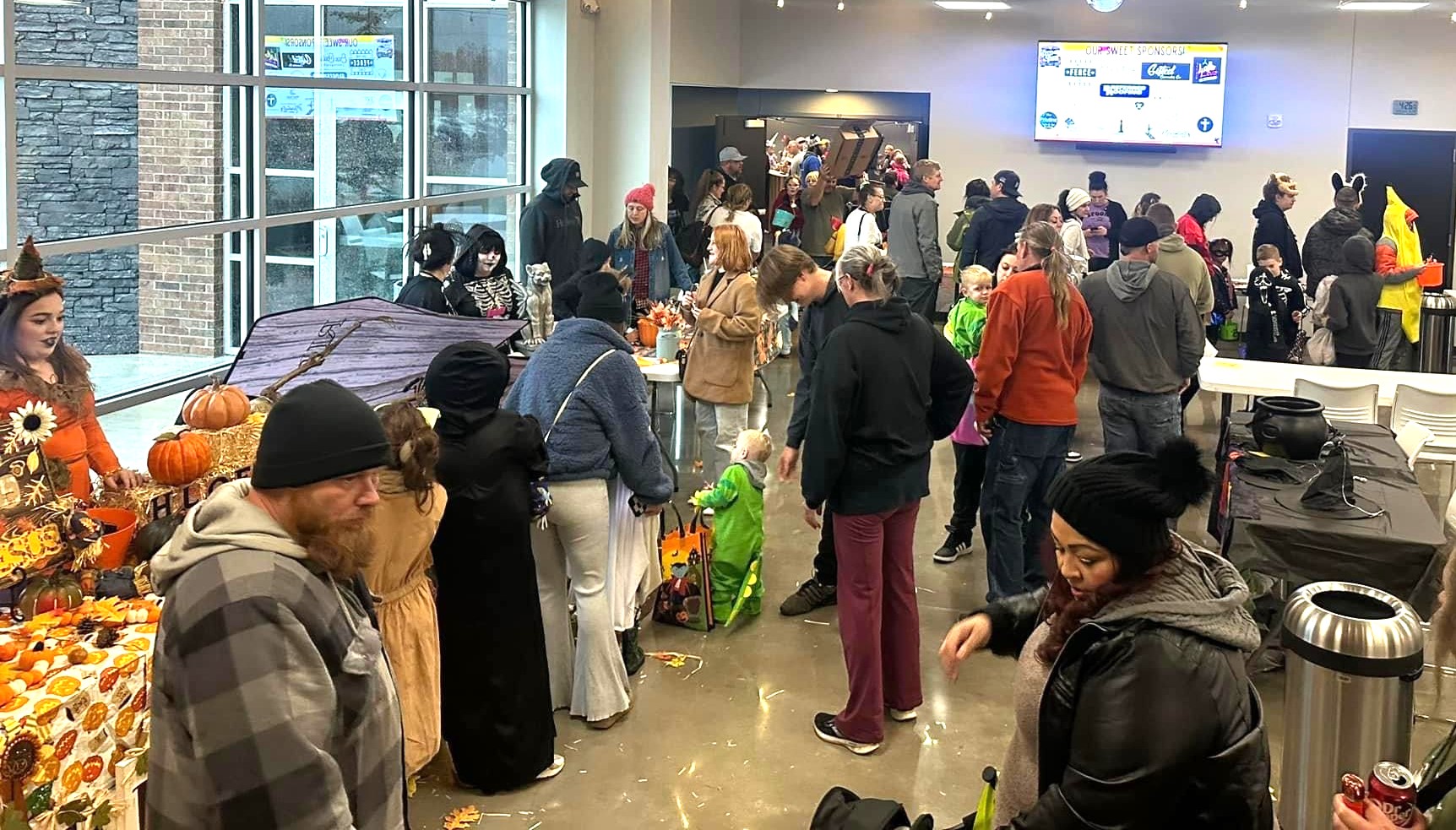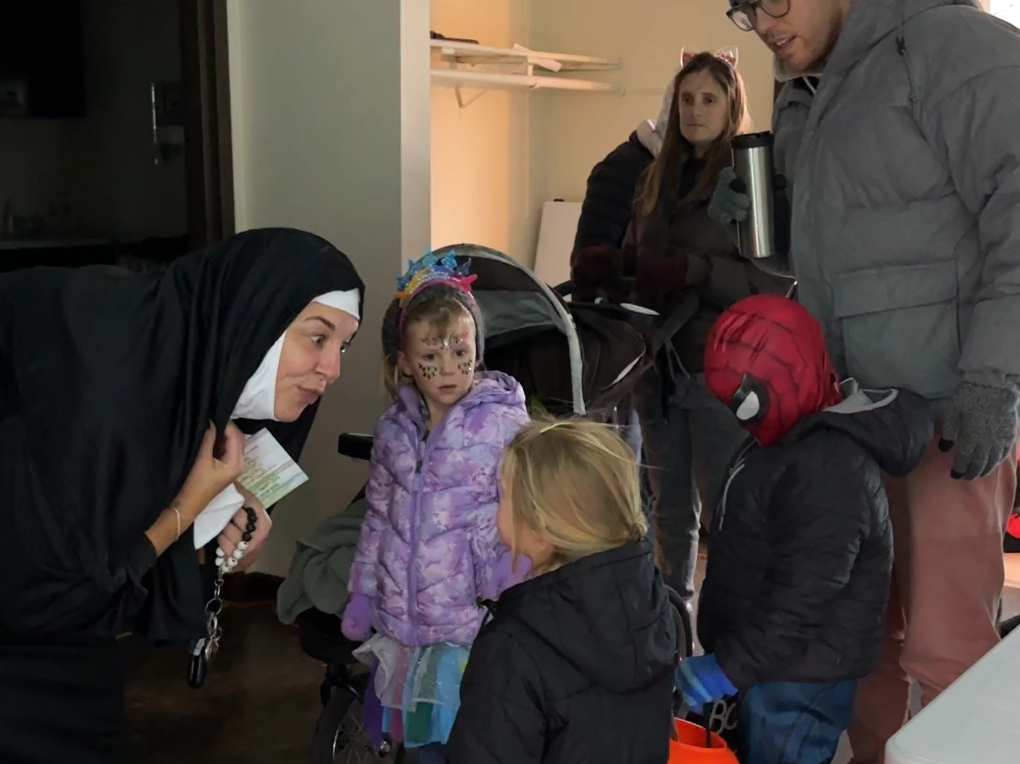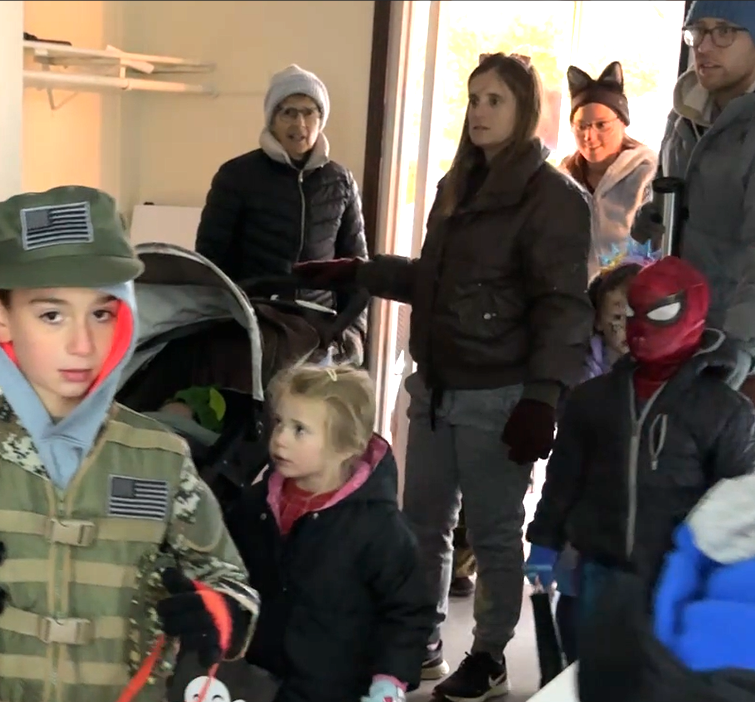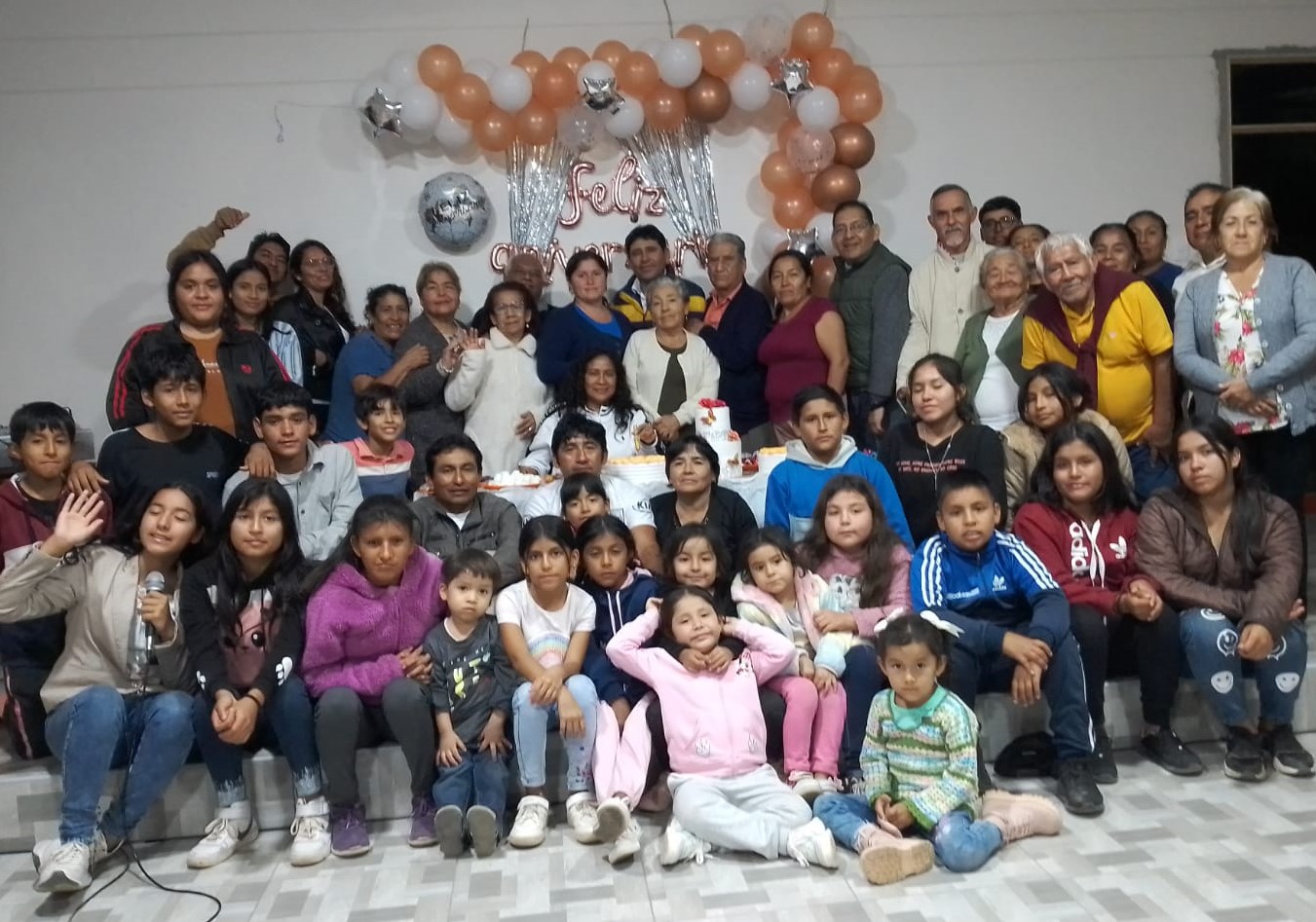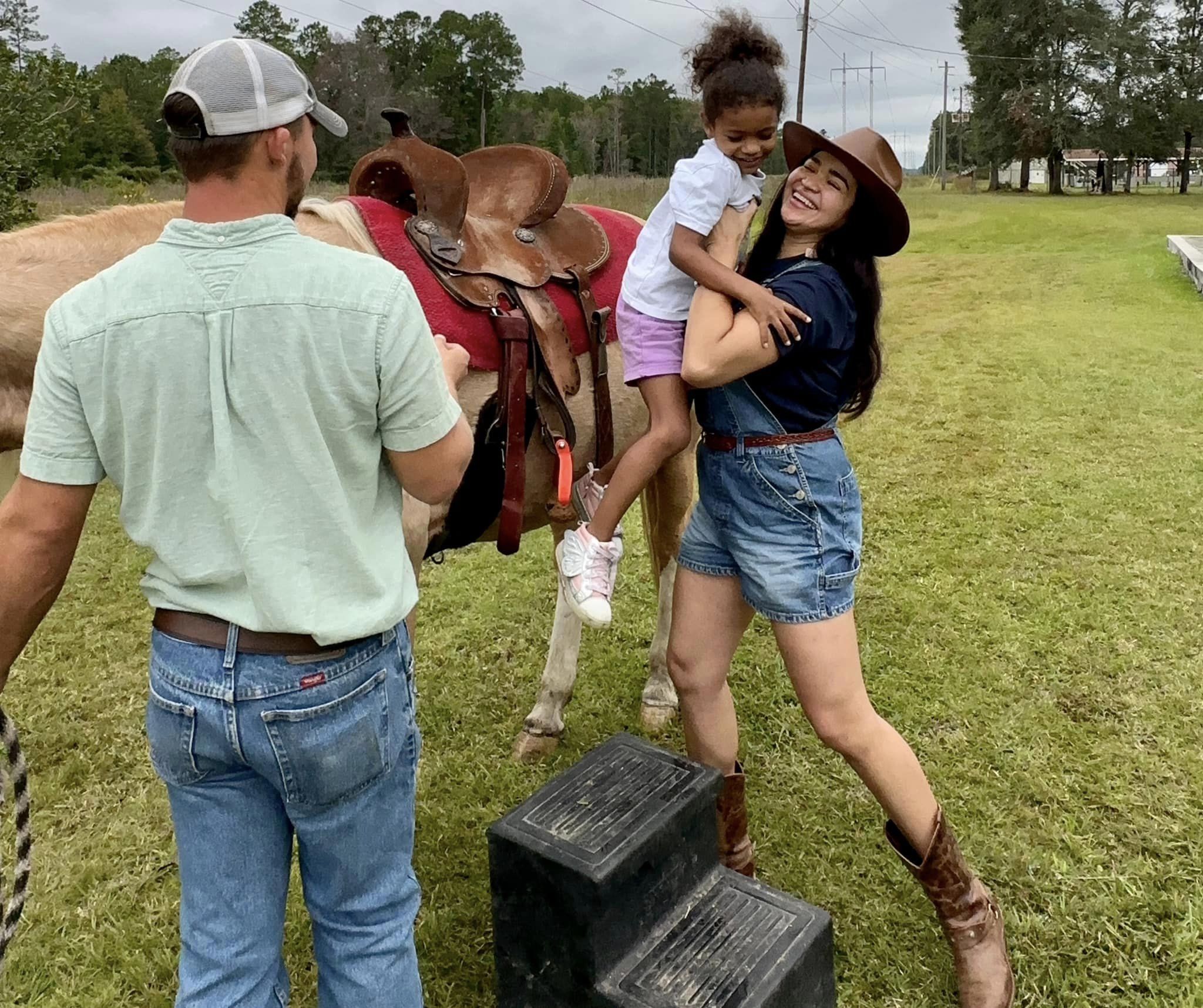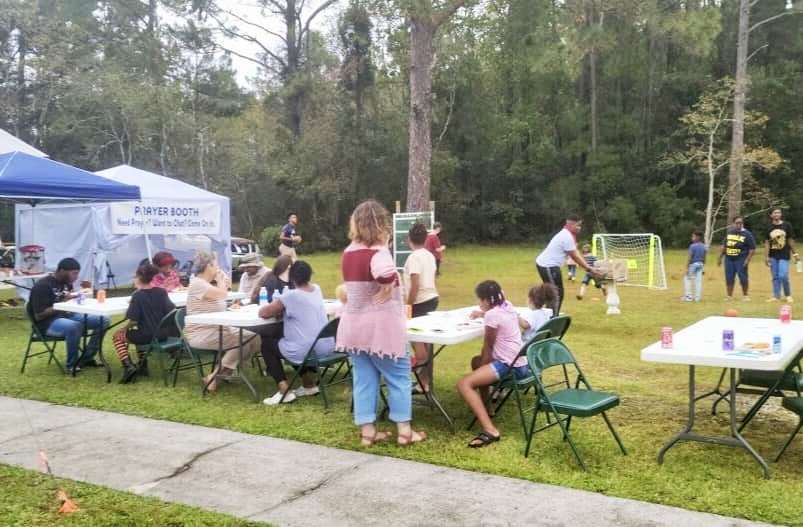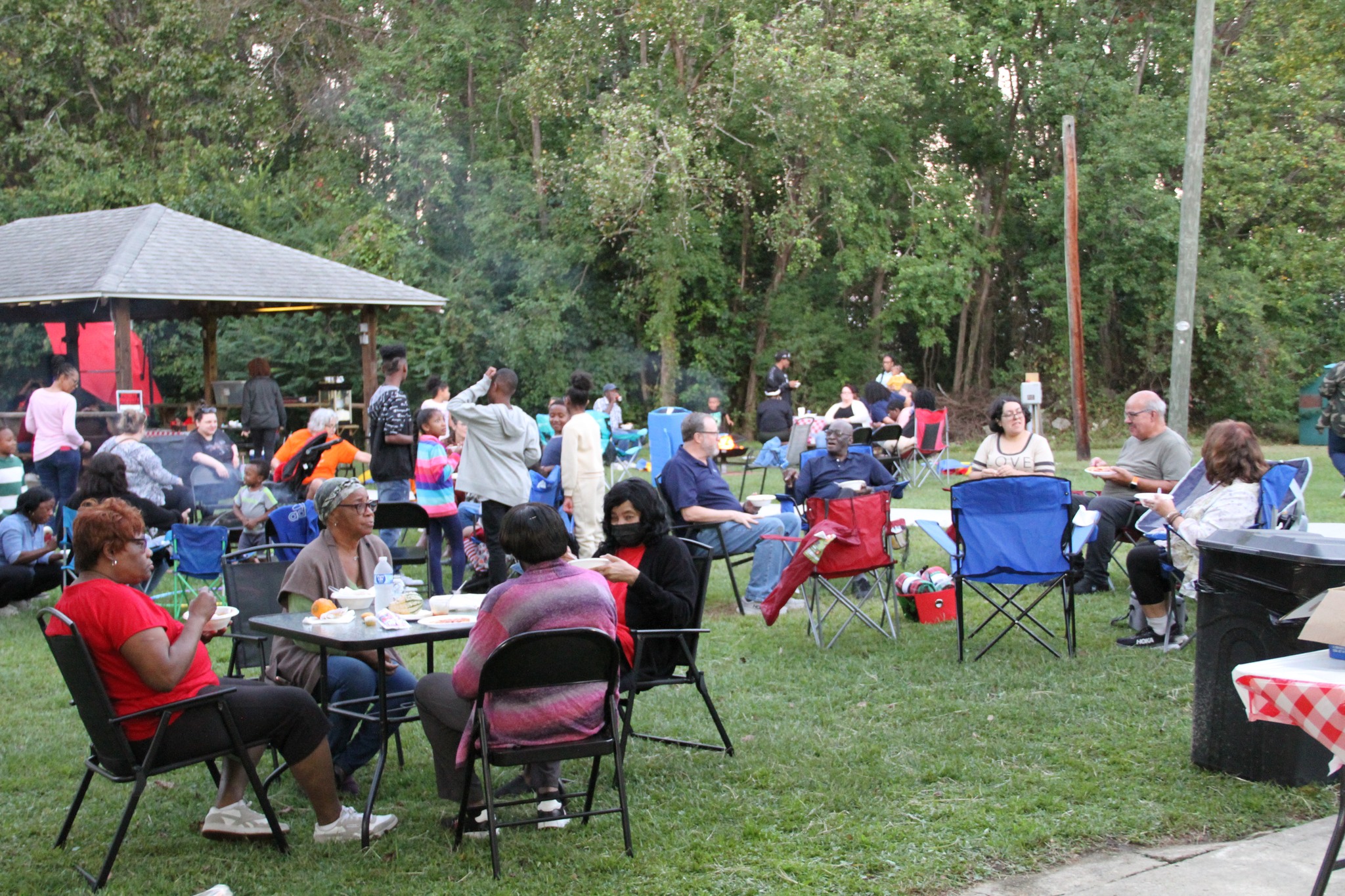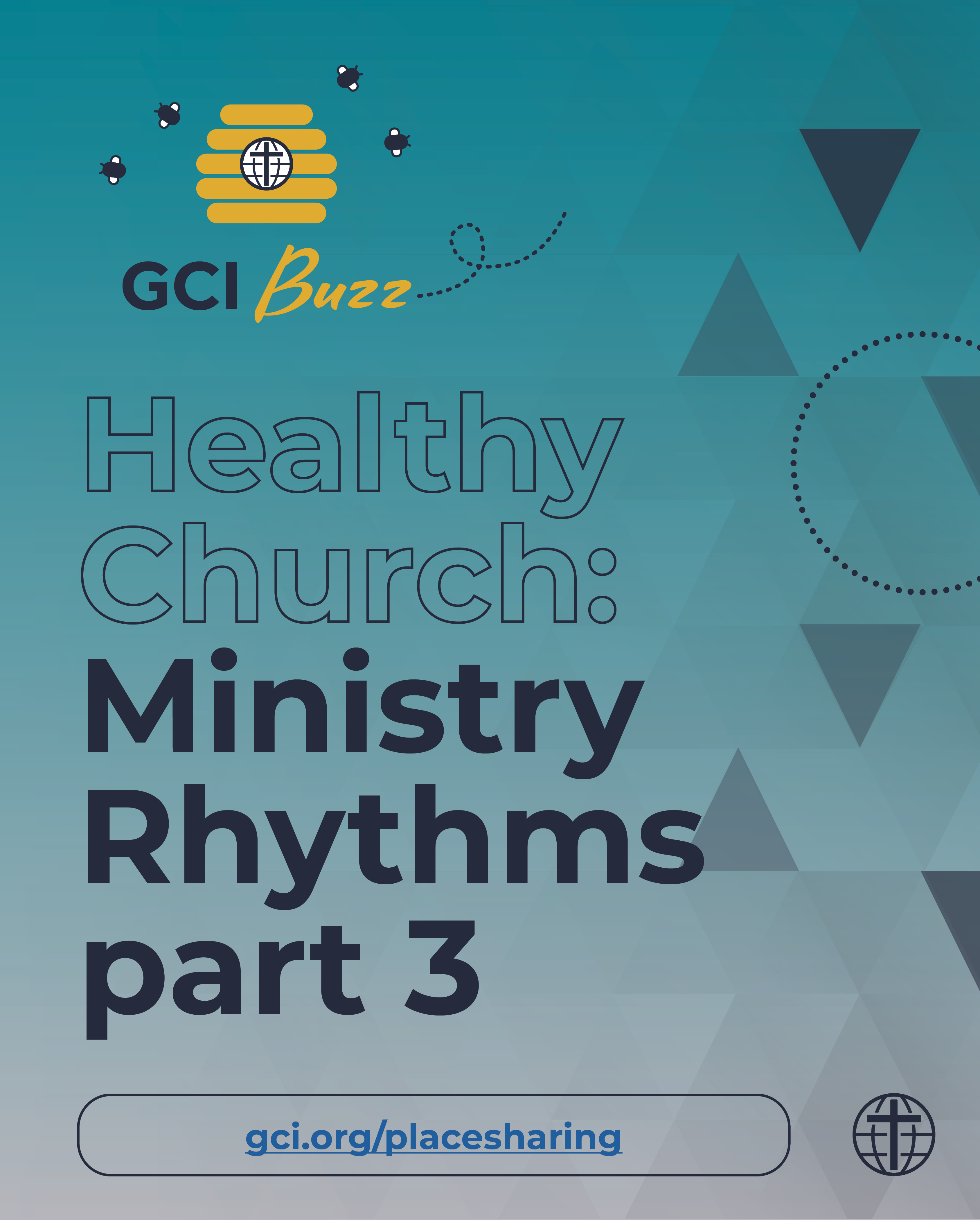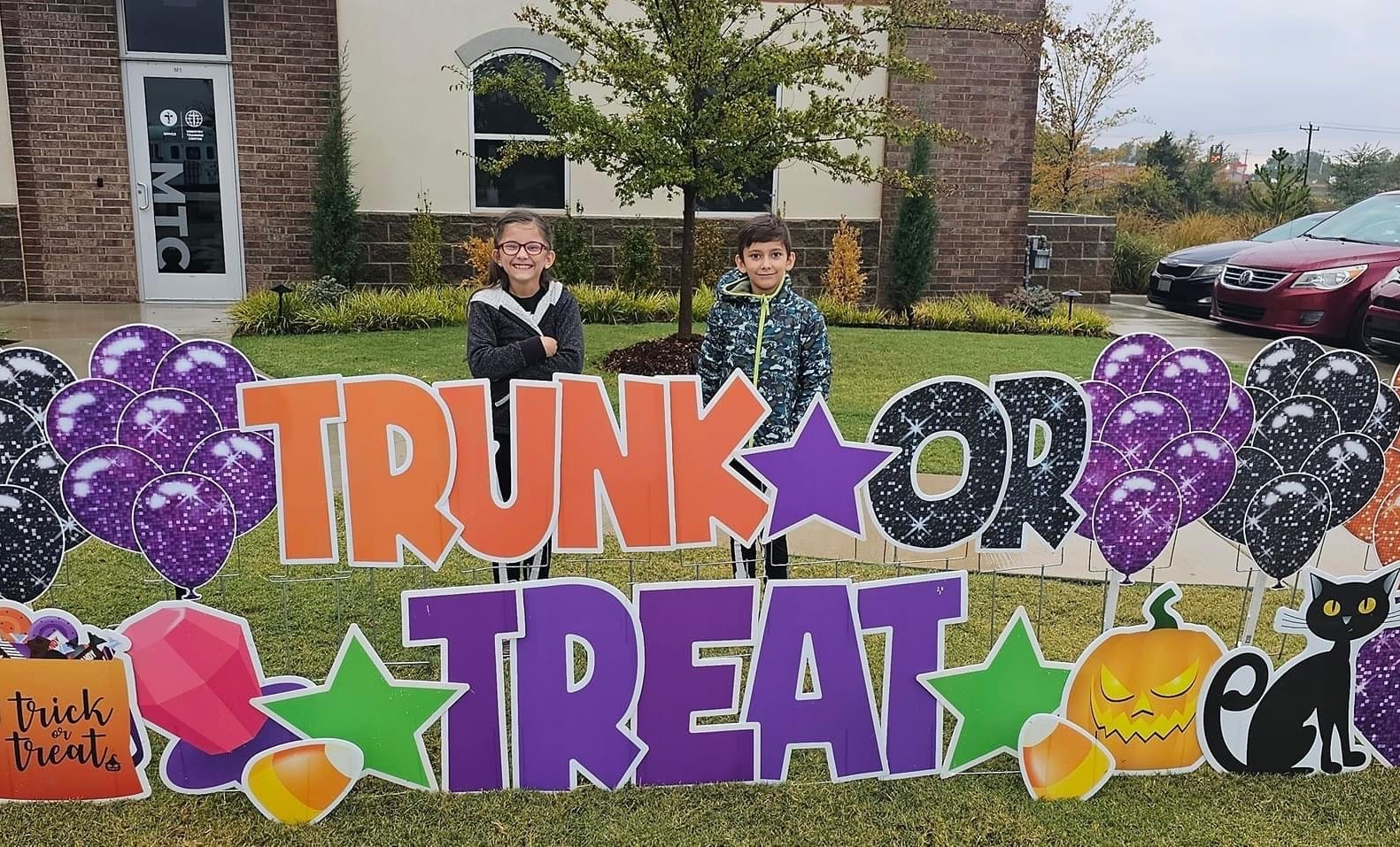 I think that sometimes when we see lemons, Jesus giggles and tells us to stop and taste the sweet lemonade. With rain and near freezing temperatures predicted, we made the decision to move our neighborhood Trunk or Treat inside the walls of our building. We knew this would be the best way to stay warm, but we hesitated because our heart behind this event was never about enticing our neighbors into our church. We had already moved the Trunk or Treat from a school parking lot to our church lot last year, due to the benefit of restrooms. Now, we were moving it inside our building, and we worried that between the weather and the move, our numbers would be greatly impacted. But God.
I think that sometimes when we see lemons, Jesus giggles and tells us to stop and taste the sweet lemonade. With rain and near freezing temperatures predicted, we made the decision to move our neighborhood Trunk or Treat inside the walls of our building. We knew this would be the best way to stay warm, but we hesitated because our heart behind this event was never about enticing our neighbors into our church. We had already moved the Trunk or Treat from a school parking lot to our church lot last year, due to the benefit of restrooms. Now, we were moving it inside our building, and we worried that between the weather and the move, our numbers would be greatly impacted. But God.
We had more than 2500 neighbors attend our trunk or treat this year! We set up carnival games, staffed with young adults and our neighborhood Lion’s Club. We had over 20 “trunks” set up on tables in the multi-purpose room. Multiple neighbors and new members of our congregation set up stations and passed out goodies!
 It was standing room only in the sanctuary for the costume competition. We even had the fire department come join in on the fun! People came together like the community that we are—a community that has no walls separating “us” and “them.” We are just neighbors. We are children of God. There’s nothing like having a front row, interactive, seat to watching Jesus build his church and transform lives.
It was standing room only in the sanctuary for the costume competition. We even had the fire department come join in on the fun! People came together like the community that we are—a community that has no walls separating “us” and “them.” We are just neighbors. We are children of God. There’s nothing like having a front row, interactive, seat to watching Jesus build his church and transform lives.
 By Ceeja Malmkar, Love Avenue Champion & MTC Coordinator
By Ceeja Malmkar, Love Avenue Champion & MTC Coordinator
Surrey Hills, OK, US


